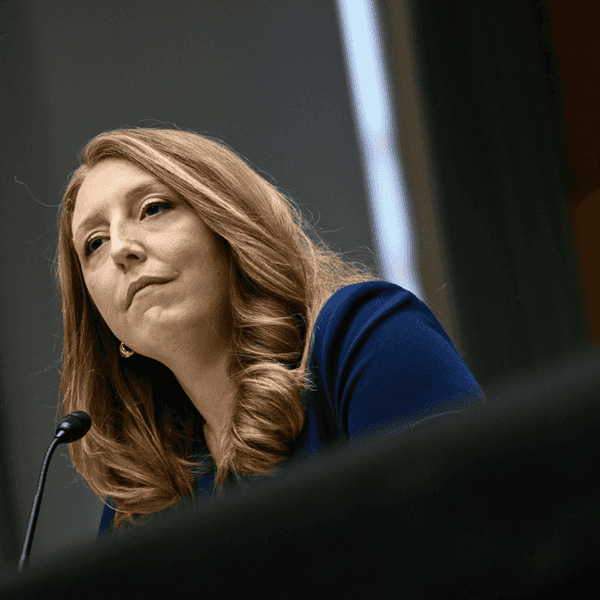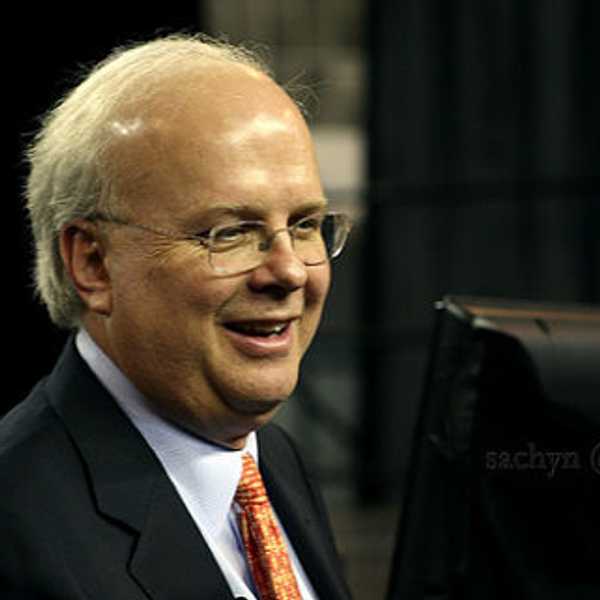
There’s no denying that Democrats took a drubbing at the polls in 2014. Running cautious campaigns and shying away from Obamacare, Wall Street regulation, the anti-fracking movement, immigration reform and Obama himself — was not a winning strategy.
While the Democrats had a poor showing, populist and progressive ideas surged. Even in red states, pollsters find support for big progressive policy changes (such as living-wage laws, Medicare for all, a national infrastructure jobs program, expanded Social Security benefits and free higher education) that would re-establish a vibrant middle-class America. While voters were tossing Democrats aside in this past election, bigger majorities of the same electorate leapt at the chance to say “YES” to an array of unabashedly populist ballot initiatives:
Minimum wage. Even though the crimson-red states of Alaska, Arkansas, Nebraska and South Dakota elected GOP Senate candidates, voters rejected the low-wage policies of the Republicans and their corporate backers by approving minimum-wage increases. San Francisco voters also raised their wage floor to $15 an hour, and Oakland went to $12.25. In addition, non-binding referenda calling for raises to $10 or more were approved by 65 percent of the voters in Illinois and by 13 Wisconsin cities and counties, where a whopping 70 to 83 percent of voters OK’d the increases.
Fracking. While ExxonMobil, Halliburton and dozens of huge energy corporations are in a nationwide fracking frenzy — running roughshod over local citizens in the furious rush for fast profits — locals have begun pushing back against the gross pollution, health problems, infrastructure damage and even earthquakes caused by the inherently destructive and intrusive fracking process. Asserting their human and civic rights, local coalitions have, in the last few years, won several referendum fights to ban fracking in their communities.
This year’s election saw four more victories added to the list. Bans were passed in Athens, Ohio (with 78 percent of the vote), California’s Mendocino County (67 percent) and San Benito County (57 percent) and even in Denton, Texas (59 percent).
Corporate money. In dozens of communities in five states, people went to the election polls and confirmed what opinion polls consistently report: The overwhelming majority of Americans want corporate money out of our elections. In the midst of the most money-soaked midterm election in global history, multipartisan majorities said “enough!” They voted for initiatives that said (1) only humans have constitutional rights; (2) money is not speech; and (3) “We the People” want to pass a 28th Amendment overturning the Supreme Court’s corrosive Citizens United edict.
Ironically, even as the Koch-financed governor of Wisconsin, Scott Walker, pulled off a re-election victory, 12 local communities (including his home county of Milwaukee) voted between 70 and 80 percent for local initiatives that call for an amendment to overturn the Court’s terrible decision. Similar majorities were amassed in statewide in Florida, Illinois, Massachusetts and Ohio. As the national director of the Move to Amend Campaign put it: “The leaders of both parties need to realize that their voters are clamoring for this amendment, and we are only going to get louder.”
Paid sick leave. Poverty is sickening enough, but millions of people trying to live on poverty-level wages face a truly sickening choice when they fall ill: Stay at home and lose a few days’ pay, or go to work sick, possibly spreading the illness to co-workers and customers. This year, there were four big victories for paid sick leave: Massachusetts (59 to 41 percent), Oakland, California (81 to 19 percent), Montclair, New Jersey (74 to 26 percent) and Trenton, New Jersey (86 to 14 percent).
Conservation. Three major conservation initiatives passed this year: Alaskans voted to prohibit future mining projects that would endanger wild salmon habitats; 75 percent of Florida voters approved a measure to dedicate $1 billion a year in real estate taxes to the protection of water in the endangered Everglades and other areas; and New Jerseyans OK’d an initiative that requires $2 billion in corporate tax revenue be spent on land conservation.
Marijuana. This year both Alaskans and Oregonians voted for full legalization, while Washington DC voted to decriminalize marijuana. And the U.S. territory of Guam approved marijuana use for medicinal purposes.
The day after the election, President Obama said: “To the two-thirds of voters that chose not to participate in the process yesterday, I hear you.” Fine. But will he and the other Democratic leaders make the giant leap from “hearing” to doing? Taking bold, populist actions makes working stiffs and average Americans excited about voting. We need more leaders to champion the populist cause.
To find out more about Jim Hightower, and read features by other Creators Syndicate writers and cartoonists, visit the Creators Web page at www.creators.com.
Photo: pbarcas via Flickr








